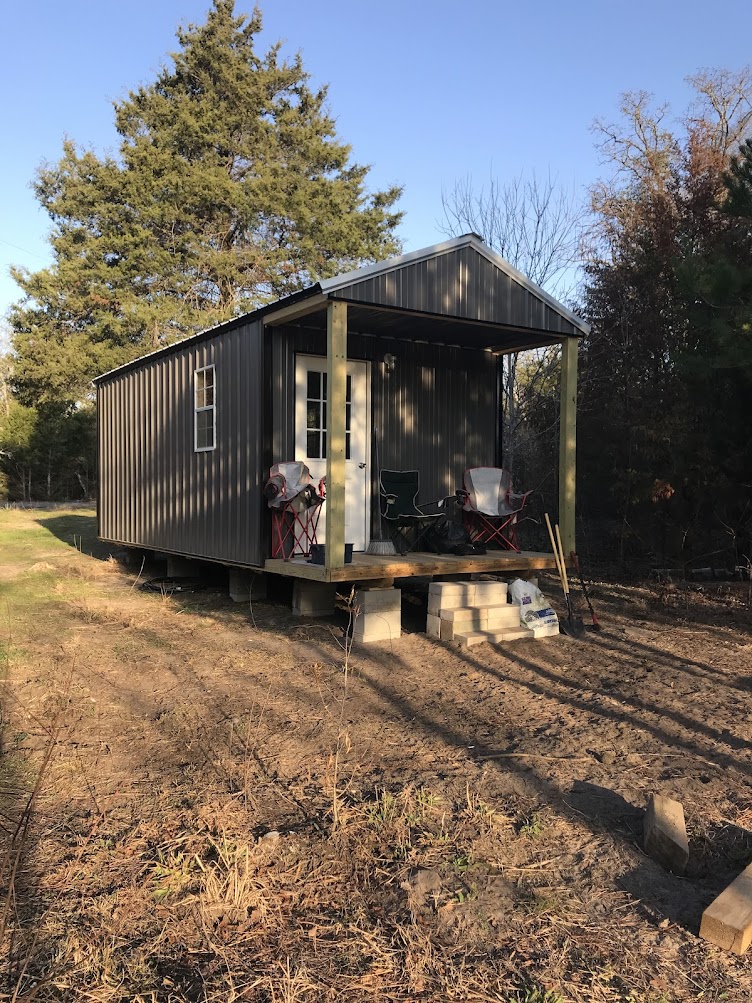Homesteading is a fulfilling and rewarding lifestyle that involves self-sufficiency, sustainability, and a deep connection with nature. However, it can also be a time-consuming and physically demanding pursuit. Balancing homesteading with other obligations, such as work, family, and social commitments, can be a challenge. In this article, we will explore strategies for balancing homesteading and other obligations.
Prioritizing Tasks
The first step in balancing homesteading and other obligations is to prioritize tasks. It is important to identify the most essential homesteading activities, such as caring for animals, tending to gardens, and preserving food, and to allocate time and energy accordingly. It may be necessary to delegate some tasks to other family members or hired help, or to focus on seasonal activities when time is limited.
Scheduling and Time Management
Scheduling and time management are essential skills for balancing homesteading and other obligations. It is important to set realistic goals and to allocate time for each task, taking into account other obligations such as work, family, and social commitments. Using tools such as calendars, to-do lists, and time-tracking apps can help to prioritize tasks and maximize productivity.
Efficient Homesteading Practices
Efficient homesteading practices can also help to balance homesteading and other obligations. Using tools such as electric or manual tools, automatic watering systems, and raised garden beds can reduce the time and physical demands of homesteading tasks. It is also important to develop a streamlined homesteading routine, focusing on the most essential tasks and minimizing unnecessary or time-consuming activities.
Building a Support Network
Building a support network is essential for balancing homesteading and other obligations. It is important to seek help from family, friends, and local communities, whether through shared homesteading projects or delegation of tasks. It is also essential to build a network of trusted professionals, such as veterinarians, carpenters, and electricians, to help with more complex homesteading projects.
Self-Care
Self-care is essential for balancing homesteading and other obligations. It is important to prioritize rest, hydration, and healthy nutrition to maintain physical and mental wellbeing. Incorporating regular exercise, such as stretching, yoga, or walking, can also help to maintain energy and focus.
Conclusion
Balancing homesteading and other obligations requires careful planning, time management, and efficient homesteading practices. It is important to prioritize tasks, develop a streamlined routine, and build a support network to alleviate the demands of homesteading. It is also important to prioritize self-care to maintain physical and mental wellbeing. With these strategies, homesteading can be a fulfilling and sustainable way of life that balances personal and professional obligations.

No comments:
Post a Comment